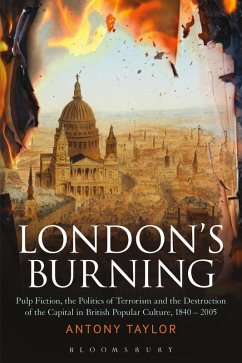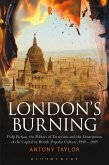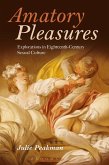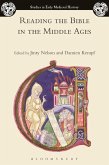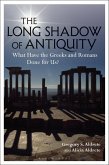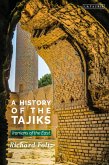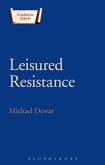From the early years of the nineteenth century, cultural pessimists imagined in fiction the political forces that might bring about the destruction of London. Periods of popular protest or radicalism have generated novels that consider the methods insurgents might use to terrorise the metropolis. There has been a tendency to dismiss such writings as the lurid imaginings of pulp novelists but this book re-evaluates the contribution of popular fiction to the construction of the terrorist threat. It analyses the high-points for the production of such works, and locates them in their cultural and historical context. From the 1840s, when a fear of Chartist insurgency was paramount in the minds of authors, it moves through the anarchist thrillers of the 1890s, considers writers' fears about Bolshevik revolution in the East End of the 1920s and 1930s, explores fears of Fascism in the inter-war years, and assesses the concerns with underground counter-culture that feature in the thriller literature of the 1970s. It concludes with a re-evaluation of the metropolitan background to the figure of the Islamist terrorist.
Bitte wählen Sie Ihr Anliegen aus.
Rechnungen
Retourenschein anfordern
Bestellstatus
Storno

